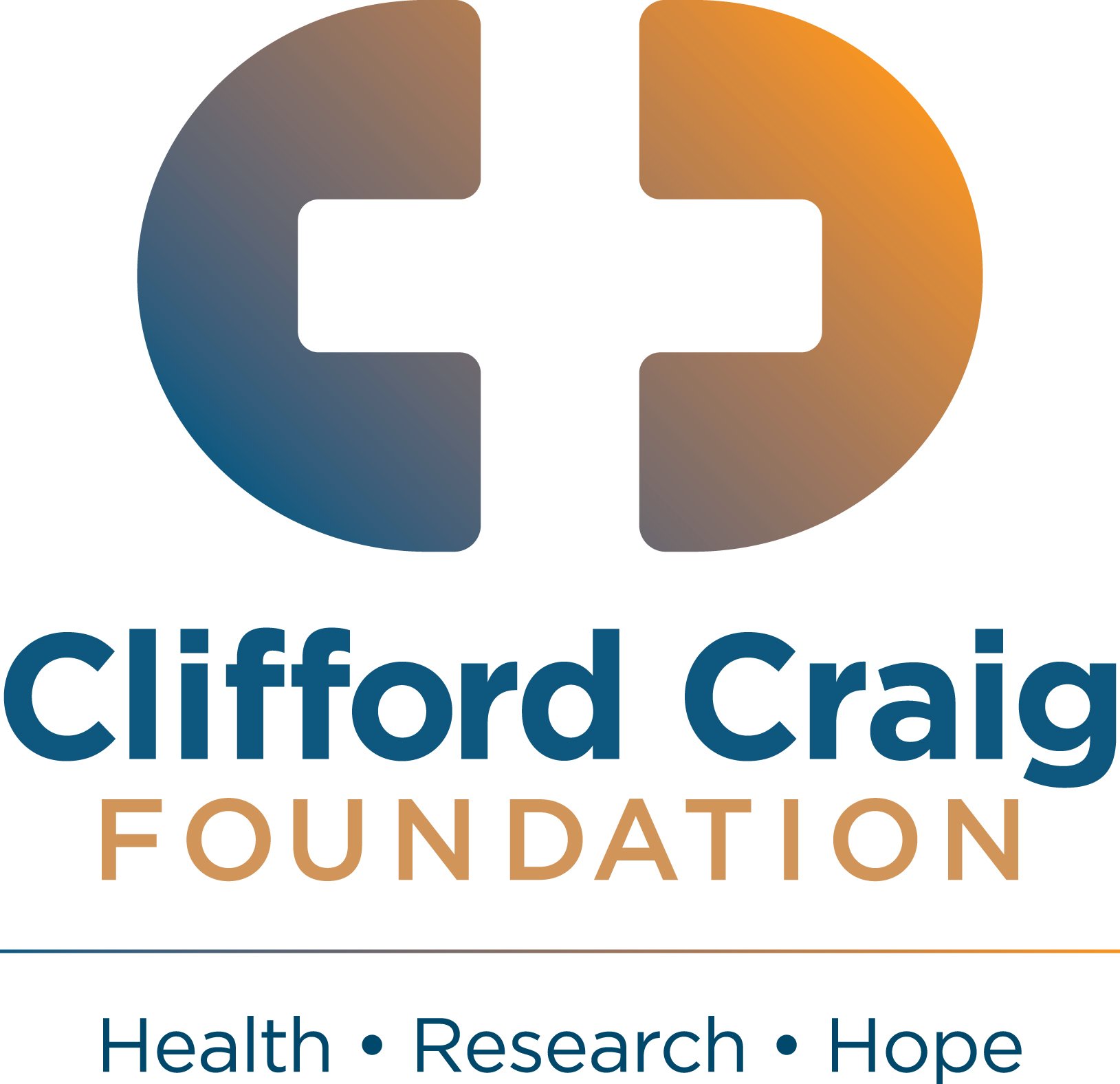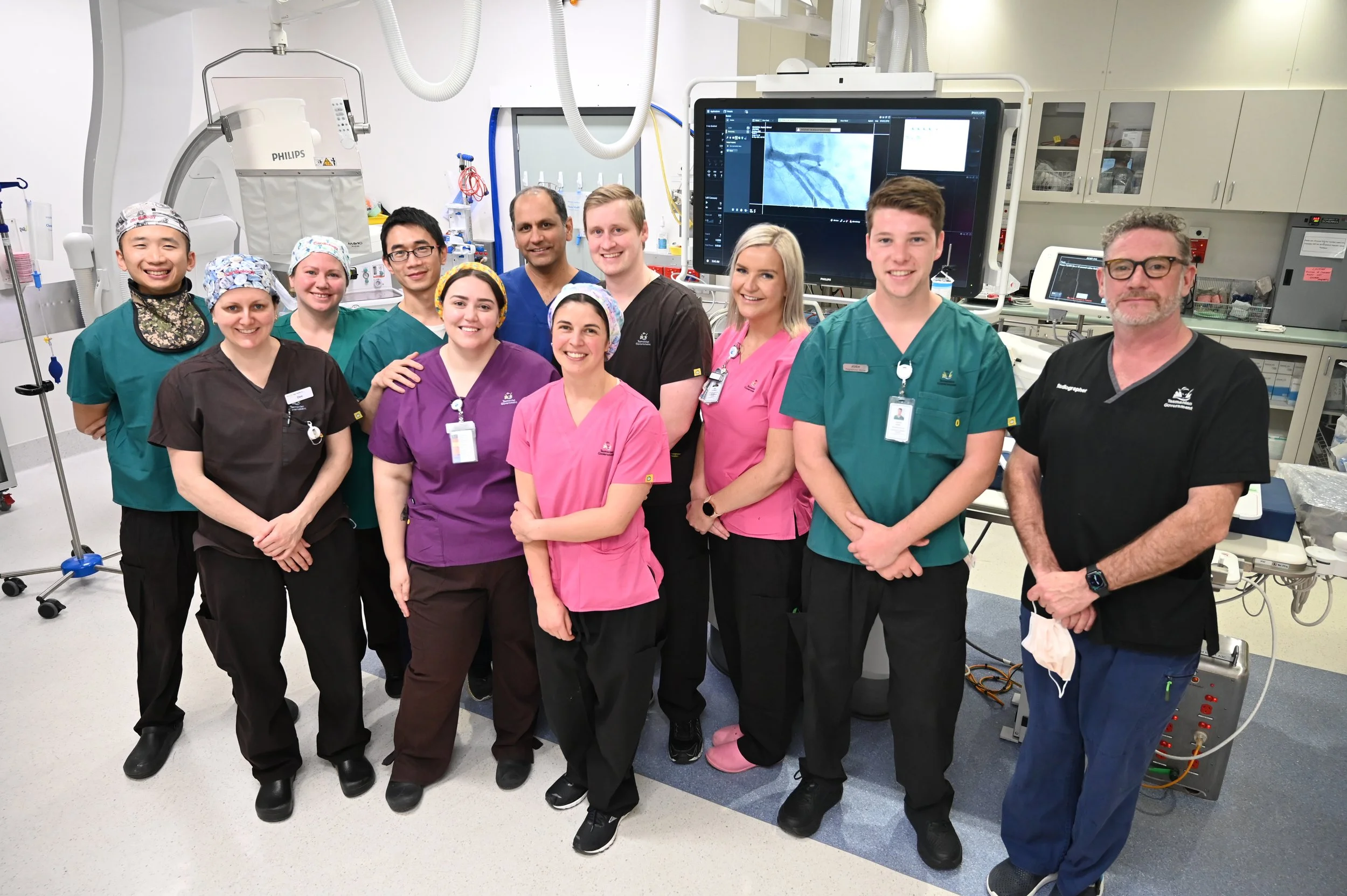Do you know the symptoms of a heart attack?
With North and North-West Tasmania experiencing the highest rates of heart disease in the country, it’s not surprising that the Cath Lab at the Launceston General Hospital is also one of the busiest in Australia.
A Cath Lab (Catheterization Laboratory) is where tests and procedures including ablation, angiogram, angioplasty and the implantation of pacemakers are carried out.
According to Cardiologist Dr Rohit Barthwal, more than 2500 angiograms and 600 angioplasty procedures are carried out at the LGH Cath Lab every year.
The team at the LGH Cath Lab perform more than 2500 angiograms and 600 angioplasty procedures each year.
Angiograms help identify restrictions in blood flow to the heart and involve a liquid contrast agent being injected into the bloodstream to make blood vessels visible on a scan.
Angioplasty is a procedure used to open blocked coronary arteries caused by coronary artery disease.
Dr Barthwal is the Acting Head of the LGH Cardiology Department and specialises in interventional cardiology.
He says when it comes to heart disease, early diagnosis and treatment is key to good outcomes.
“The first priority is preventative care, and the second is making aware the symptoms of heart disease,” he said.
“So, if you believe that something is amiss – if you have chest pain, breathlessness, or if you don’t quite feel well – you need to seek medical attention.
“Because early diagnosis and treatment is key to good outcomes.”
Dr Barthwal said a typical day in the LGH Cath Lab involved both elective cases and acute emergencies cases.
However, he said a common theme was patients ending up in acute care not realising they were experiencing a heart attack.
“We see it ever so often, where young men and women coming in with heart attacks and they don’t believe they are having one,” he said.
“It’s almost like they think ‘this cannot be happening to me’.
“They say ‘I’ve never smoked, I live a very healthy life, so how could I be having a heart attack?’
“It’s always that feeling that it will happen to someone else, but not to me.”
The longer a person’s heart doesn't have blood flow, the more damage that occurs.
Because silent heart attacks may go unnoticed, they can cause a significant amount of damage. And without treatment, they can be deadly.
Of the 600 angioplasty procedures performed every year, Dr Barthwal said around a quarter of them were acute heart attacks.
“These are blocked arteries. So if you have a blocked artery, things will change very quickly,” he said.
“In these instances, things can change very quickly, so it’s vital a person seeks medical attention.
“My message is if you feel there I something wrong, don’t be ashamed to ring the ambulance, go to your GP or nearest urgent care, or come to the hospital.”


